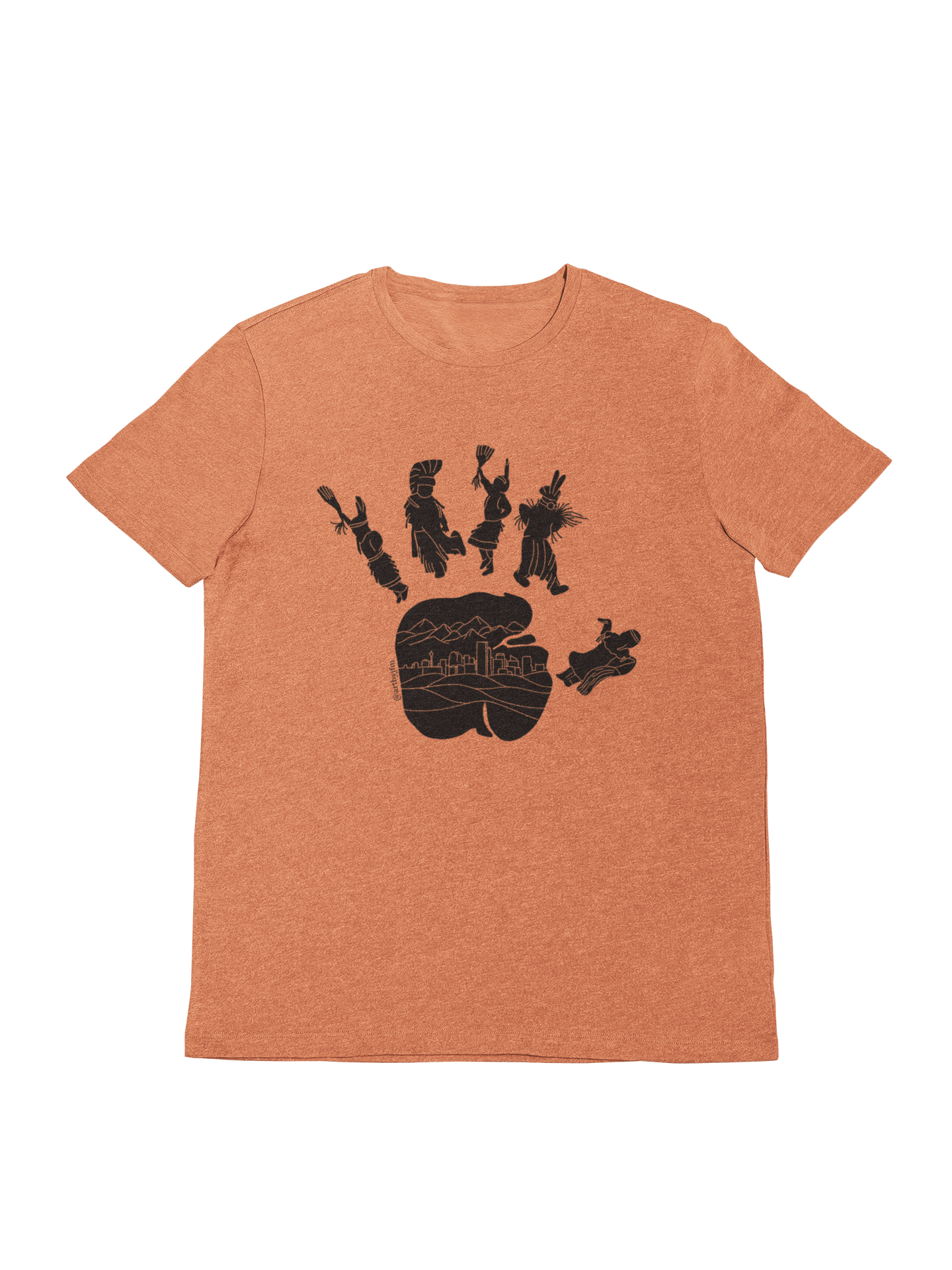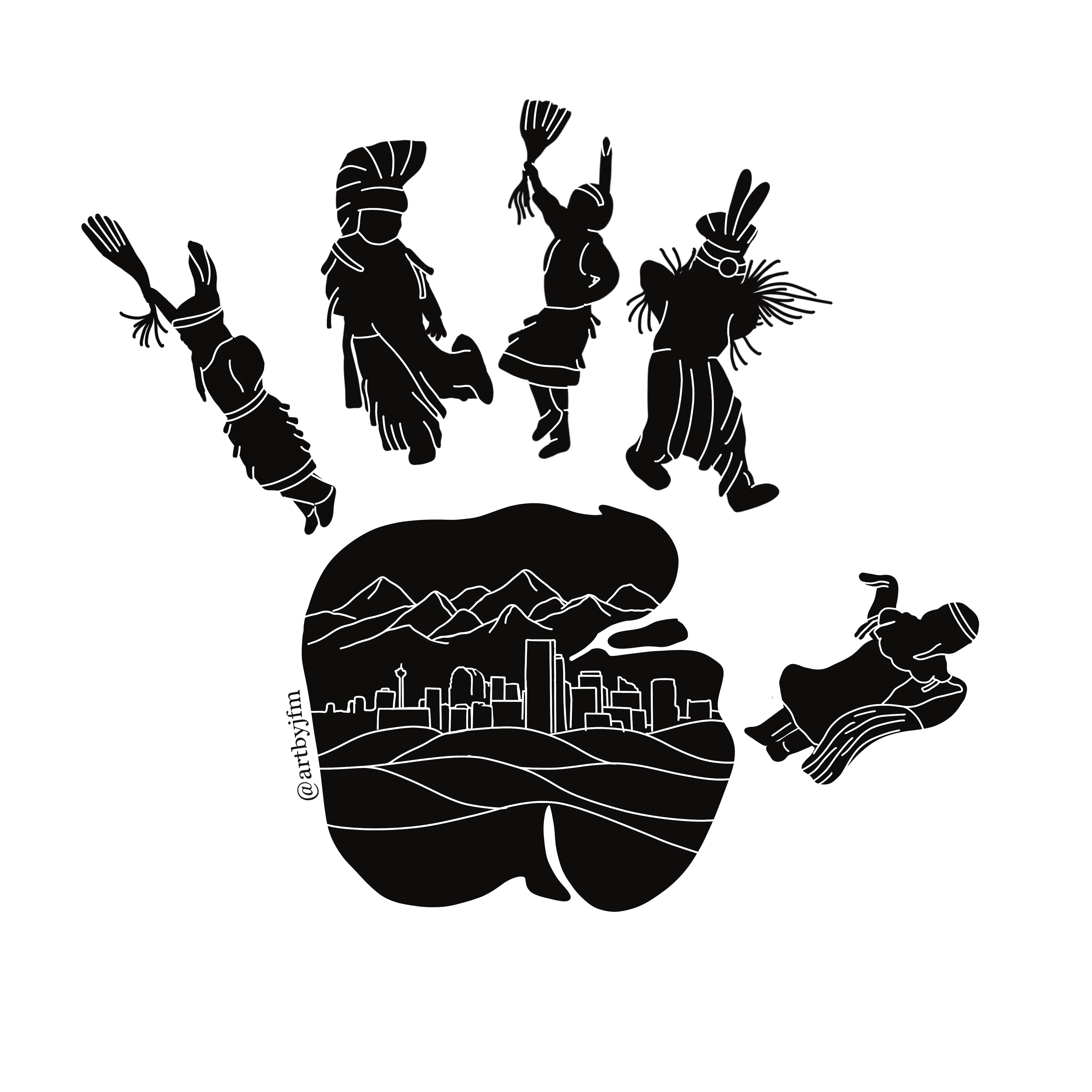-
Columbia's Office of Indigenous Engagement
Here at Columbia College Calgary, we strive to promote Indigenous awareness and education as a crucial part of our journey towards learning and growth. Our Office of Indigenous Engagement has compiled various resources to support those seeking to learn more about Indigenous history, culture, and contemporary issues in Canada.
Check out our exclusive Columbia College Orange Shirt Day T-Shirts, designed by Indigenous Artist, Jadyn Fischer-McNab.


June 21 - National Indigenous Peoples Day
National Indigenous Peoples Day is a significant celebration in Canada that honors and recognizes the diverse cultures, traditions, and contributions of Indigenous peoples. Observed on June 21st each year, it serves as an occasion to commemorate and appreciate the rich heritage, history, and achievements of Indigenous communities. By commemorating National Indigenous Peoples Day, we honor and recognize the invaluable cultural, social, and economic contributions of Indigenous peoples while striving for a more inclusive and equitable society for all.
Resources and Events in Calgary:
- Aboriginal Awareness Week Calgary (AAWC) hosts a variety of events during the week of June 21: Check out the AAWC Events
- Check out the CIF Reconciliation Societies Public Art Walk
May 5 – Red Dress Day
May 5 is recognized as Red Dress Day which is the National Day of Awareness for Missing and Murdered Indigenous Women, Girls, and Two-Spirit People. It is a time to share awareness about the disproportionate violence experienced by these groups. To honor and recognize this day, Columbia has put together some resources to spread awareness to our community. Please take time to review some sites and listen to the stories.
Alarming Statistics: Understanding the Reality of Violence Against Indigenous Women in Canada
- Spousal violence of Indigenous women is three times higher than non-Indigenous women.
- A woman or girl is murdered every two and a half days in Canada.
- Indigenous women are killed at six times the rate of non-Indigenous women.
September 30 - Orange Shirt Day
In 2015 the Truth and Reconciliation Commission released its report on the lasting impact of Canada’s residential school system. September 30 has been declared by the Government of Canada as the National Day for Truth and Reconciliation. This day represents Canada’s moral obligation to honour and remember survivors of Canada’s Indian Residential Schools and Day School programs. It is a day to support survivors, remember those who did not make it home, and advocate for those who are impacted by intergenerational trauma. As part of the Truth and Reconciliation Commission’s 94 Calls to Action, we advocate any Reconciliation efforts from the Columbia College community.
While this work requires a deliberate, ongoing process not bound by day or time, September 30 is a day to listen, learn, reflect, act, and ultimately be an active agent in change toward a stronger, more inclusive, and just Canada.
What Can I Do?
Reflect
Consider your personal contributions to reconciliation.
Listen
Listen to those who are willing to share their stories and experiences, that is a privilege you have been given. Listen to Indigenous podcasts and musicians.
Acknowledge
Acknowledge the Residential school and other experiences of Indigenous Peoples.
Learn
Learn about the diversity of Indigenous communities across the country and specifically about those located where you live.
Read
Read materials created by Indigenous authors, share stories with children. Read and implement the Calls to Action by the Truth and Reconciliation.
Watch
Watch films and documentaries by Indigenous film-makers. Visit Indigenous exhibitions at GLAM (Galleries, Libraries, Archives, and Museums) or cultural institutions.
Support
Support emerging and established Indigenous authors, artists, creators, communities, and groups. Volunteer at an Indigenous not-for-profit.
Advocate
Advocate for Indigenous causes and supports as invited to do so.
Read
Here is a collection of materials created by Indigenous authors. Read them, share them with children, and implement the Calls to Action.
The NCTR Archives and Collections is the foundation for ongoing learning and research. Here, Survivors, their families, educators, researchers, and the public can examine the residential school system more deeply with the goal of fostering reconciliation and healing.
- Learn about the National Centre for Truth and Reconciliation Here.
- The Centre is hosting events between September 27 – October 1 available to the public - Click here to view the schedule
Many laws affecting Indigenous Peoples were combined in 1876 to become the Indian Act. The Act gave Canada a coordinated approach to Indian policy rather than the pre-Confederation piece-meal approach.
What Are The Truth And Reconciliation 94 Calls To Action, And How Can We Better Engage With Them? Within current academic discourse there is a lot of discussion surrounding reconciliation, particularly centering around the Truth and Reconciliation Commissions 94 Calls to Action. Although these are referenced frequently, many students and academic staff still struggle to understand their purpose, and how to practically apply them to their specific departments.
This article breaks down the context they emerged from, simplifies the subjects within the Calls to Action, discusses what’s been done so far, and provides resources to help those within the field of education better engage with them on a daily basis.
The Canadian Encyclopedia - A comprehensive article that provides historical context and information about the significance of Red Dress Day in Canada and its connection to the issue of missing and murdered Indigenous women and girls. Click here to read.
Government of Alberta - A webpage that explains the meaning of Red Dress Day, its importance, and how to get involved in commemorating and raising awareness about the issue. Click here to read.
How did Red Dresses Become a Symbol for Missing and Murdered Indigenous Women? - An article that explores the origins of the red dress symbol, its cultural significance in Indigenous communities, and its use in advocacy for justice and healing for missing and murdered Indigenous women and girls in Canada. Click here to read.
National Inquiry into Missing and Murdered Indigenous Women and Girls - A government-led inquiry that investigates the systemic causes of violence against Indigenous women and girls in Canada.
Read more about the National Inquiry
Government of Canada National Inquiry into Missing and Murdered Indigenous Women and Girls - A comprehensive website that provides information about the inquiry, its findings and recommendations, and actions being taken to address the issue.
A collection of statistics and facts related to violence against Indigenous women and girls, including the historical context, root causes, and impacts of the issue in Canada.
A report by Amnesty International that documents the human rights violations against Indigenous women in Canada, including the high rates of violence, and calls for action to address the issue.
The Moose Hide Campaign began as a grassroots BC-born Indigenous led movement to engage men and boys in ending violence towards women and children. It has grown into a nationwide movement of Indigenous and non-Indigenous Canadians from local communities, First Nations, governments, schools, college/universities, police forces, and many other organizations – all committed to taking action to end this violence.
For more information: Moose Hide Campaign - https://moosehidecampaign.ca/issue/
Think Indigenous is a podcast that highlights its yearly conference keynotes & "Red Talk" presentations sharing best practices, innovation and delivery models of Indigenous education.
Educate yourself by listening to stories of those who survived a Canadian Residential School or the 60s Scoop such as:
-
- The Canadian Residential School Genocide – Short History Documentary
- Unrepentant: Canada’s Residential Schools Documentary
- Colonialism and Indian Residential Schools
- Aboriginal Education YouTube Channel
- Dark Cloud: 60s Scoot Survivor | Short Documentary
- Meet Angela, a Sixties Scoop Survivor
- The 60’s Scoop – There’s a Truth to be Told
- Stolen Children | Residential School survivors speak out
In her 2018 CBC Massey Lectures series, titled All Our Relations: Finding the Path Forward, prize-winning journalist Tanya Talaga (author of Seven Fallen Feathers) explores the legacy of cultural genocide against Indigenous peoples. For Talaga, that cultural genocide has led to a forced disconnection from land and language by Indigenous peoples. The need now, she says, is for Indigenous self-determination in social, cultural and political arenas.
In his 2003 Massey lecture, award-winning author and scholar Thomas King looks at the breadth and depth of Native experience and imagination. Beginning with Native oral stories, King weaves his way through literature and history, religion and politics, popular culture and social protest, in an effort to make sense of North America's relationship with its Aboriginal peoples.
Kairos – Faithful Action for Justice – Podcasts – Missing and Murdered Indigenous Women and Girls: This resource provides a series of podcasts that focus on the stories of MMIWG and the families who have been affected. Listen Here.
CBC Missing and Murdered- This podcast series explores the stories of MMIWG in Canada, their families, and communities. Listen Here.
Taken the Podcast – Eagle Vision: This podcast is a companion to the TV series and provides an in-depth look at the stories of MMIWG in Canada and the systemic issues that contribute to their disappearances and deaths. Listen Here.
Listen
Listen to those who are willing to share their stories and experiences, that is a privilege you have been given. Here is a collection of Indigenous podcasts and musicians.
Watch
Visit Indigenous exhibitions at GLAM (Galleries, Libraries, Archives, and Museums) or cultural institutions. Here is a collection of films and documentaries by Indigenous film-makers.
Indigenous languages across North America are under threat of extinction due to the colonial legacy of cultural erasure, says linguist Lindsay Morcom. Highlighting grassroots strategies developed by the Anishinaabe people of Canada to revive their language and community, Morcom makes a passionate case for enacting policies that could protect Indigenous heritage for generations to come.
Spanning generations, acknowledgement of the land is a traditional custom of Indigenous people when welcoming outsiders onto their land and into their homes. To build respectful relationships, acknowledging the land is an important part of reconciliation. It honours the authentic history of North America, its original people and tells the story of the creation of this country that has historically been missing.
- Click here to learn about Land Acknowledgement and watch the video “Stories of the land”.
Missing and Murdered Indigenous Women & Girls, a Canadian Responsibility – Sophie Kiwala - A video presentation by Sophie Kiwala, a former member of the Ontario Legislative Assembly, discussing the need for a national response to address the issue of missing and murdered Indigenous women and girls in Canada. Watch Here.
Where women go missing in Canada – VPRO Documentary - A documentary that explores the issue of missing and murdered Indigenous women and girls in Canada, focusing on the Highway of Tears in British Columbia and the experiences of Indigenous women and their families affected by the violence. Watch Here.
What is happening to Indigenous men and boys along B.C’s Highway of Tears? – APTN News - A news report that investigates the lesser-known issue of missing and murdered Indigenous men and boys along the Highway of Tears, and the systemic causes of violence against Indigenous peoples in Canada. Watch Here.
In Plain Sight – Part 1 – APTN Investigates - A two-part investigative documentary series by the Aboriginal Peoples Television Network (APTN) that uncovers the stories of Indigenous women who have gone missing or have been murdered in Canada, and highlights the failures of the justice system to address the issue. Watch Here.
In Plain Sight – Part 2 – APTN Investigates - The second part of the investigative documentary series by APTN that further examines the systemic causes of violence against Indigenous women and girls in Canada and calls for action to address the issue. Watch Here.
We are more than murdered and missing – Tamara Bernard - A TEDx Talk by Tamara Bernard, an Indigenous advocate, who shares her personal story and highlights the need for a more holistic approach to addressing the issue of missing and murdered Indigenous women and girls in Canada. Watch Here.
National Film Board of Canada – Finding Dawn - A documentary that follows the life and tragic death of Dawn Crey, an Indigenous woman who went missing from Vancouver's Downtown Eastside in 2000, and raises awareness about the issue of missing and murdered Indigenous women and girls in Canada. Watch Here.
National Film Board of Canada – this river - A documentary that explores the issue of missing and murdered Indigenous women and girls in Canada through the stories of four families affected by the violence, and highlights the need for systemic change to address the issue. Watch Here.
Taken the Series - A television series that follows the stories of Indigenous families who have been affected by the issue of missing and murdered Indigenous women and girls in Canada, and examines the root causes and systemic failures that perpetuate the violence. Learn More.
Calgary is home to more than a million people, including more than 41,645 Indigenous people, as well as a neighbour to other First Nations in the region. The City of Calgary is committed to building strong relationships and partnerships with Indigenous communities in and around Calgary. Learn about the different indigenous communities in Calgary on The City of Calgary's page for Indigenous Communities.
This is an interactive web resource that is designed to assist educators with weaving Indigenous ways of knowing, being, and doing into their teaching and learning, starting with story. Responding to the Calls to Action from the Truth and Reconciliation Commission of Canada and to current provincial professional standards for education, this resource is intended to help teachers build foundational knowledge and competencies in Indigenous education. Here you will find a searchable database of Indigenous literary texts, as well as some secondary sources, that might be used within education
Enhance your understanding and knowledge of practices that advance reconciliation in the places where you live, learn, and work with this 6-Week Massive Open Online Course (MOOC)
This course will help you envision how Indigenous histories, perspectives, worldviews, and approaches to learning can be made part of the work we do in classrooms, organizations, communities, and our everyday experiences in ways that are thoughtful and respectful. In this course, reconciliation emphasizes changing institutional structures, practices, and policies, as well as personal and professional ideologies to create environments that are committed to strengthening our relationships with Indigenous peoples.
Gord Downie began Secret Path as ten poems incited by the story of Chanie Wenjack, a twelve year-old boy who died fifty years ago on October 22, 1966, in flight from the Cecilia Jeffrey Indian Residential School near Kenora, Ontario, walking home to the family he was taken from over 400 miles away. Gord was introduced to Chanie Wenjack (miscalled “Charlie” by his teachers) by Mike Downie, his brother, who shared with him Ian Adams’ Maclean’s story from February 6, 1967, “The Lonely Death of Charlie Wenjack.”
Secret Path acknowledges a dark part of Canada’s history – the long-supressed mistreatment of Indigenous children and families by the residential school system – with the hope of starting our country on a road to reconciliation.
- Learn more about A Secret Path by Gord Downie and the Wenjack Foundation here
alliedFutures Project — The alliedFutures Project is a guided event series led by a community of settlers, Elders and Knowledge Keepers. An educational toolkit to get informed, unlearn and unsettle.
As leaders in our community, it is important for us to unpack what it means to be a settler in Treaty 7 Territory. To move from intent to impact. Values to actions. Settler to Unsettler. We need to continuously learn how to consciously disrupt our mindsets and the spaces we’re in.
The alliedFutures toolkit is an interactive digital toolkit that provides you with resources and reflections throughout our 5-step journey: Sitting in Truth, Allyship, Accomplice, Decolonization and Indigenization, and Reconciliation.
An educational resource that uses films and other materials to raise awareness about the issue of missing and murdered Indigenous women and girls and encourages discussion in classrooms.
Learn
Here are some resources available where you can learn about the diversity of Indigenous communities across the country and specifically about those located where you live.
Participate
Participate in one or more of the activities to recognize the National Day for Truth and Reconciliation.
You can visit and learn about where buffalos were hunted and why they were so important to First Nations people at Head-Smashed-In Buffalo Jump. Head-Smashed-In Buffalo Jump Interpretive Centre is a UNESCO-designated World Heritage Site that preserves and interprets over 6,000 years of Plains Buffalo culture. Through vast landscapes, exhibits, and diverse programming, learn about the cultural significance of this cliff to the Plains People.
Blackfoot Crossing Historical Park is a Canadian National Heritage Site with a museum and Tipi Village. They have a stunning facility and that will send you on an unforgettable journey as you delight in fantastic Exhibitions and dazzling Performances, and enjoy an exciting, authentic, Blackfoot cultural experience.
Purchase authentic, traditional indigenous art or learn how to create your own at Moonstone Creations.
The Moss Bag Project is and Indigenous-led organization that creates sustainable and reciprocal structures of support through academic and traditional education.
A free walking tour where we will confront the colonial history of Fort Calgary, discuss our ongoing work to decolonize the stories we tell, and share insights about what we have learned about reconciliation so far. This settler-led tour offers an interactive and reflective opportunity for other settlers/non-Indigenous peoples to contemplate their own personal journeys in reconciliation. Fort Calgary is proud to present the Orange Shirt Day Walking Tour in partnership with Colouring it Forward. Recommended for ages 12+
When:Friday, Sept. 30, 2:00 - 2:45 pm
Where:Fort Calgary
An art installation that honors and raises awareness about the missing and murdered Indigenous women and girls in Canada, featuring over 1,800 pairs of moccasin vamps representing the lives of those who have been lost.
The Moose Hide Campaign began as a grassroots BC-born Indigenous led movement to engage men and boys in ending violence towards women and children. It has grown into a nationwide movement of Indigenous and non-Indigenous Canadians from local communities, First Nations, governments, schools, college/universities, police forces, and many other organizations – all committed to taking action to end this violence.
On May 11, 2023 the organization is hosting a full day of activities both offered in person (Victoria B.C.) and virtually. You can register for these activities here: https://moosehidecampaign.ca/campaignday/
Aboriginal Awareness Week CALGARY (AAWC) hosts a variety of events during the week of June 21 that serves to promote pride, understanding, and awareness of Aboriginal cultures, traditions, contributions, and achievements to Canadian history, business, agriculture, the environment, and the arts.
- Learn More about AACA here: https://www.aawc.ca/
- Check out the AAWC Events 2023 here: https://www.aawc.ca/events/
The CIF Reconciliation Society works in collaboration with other community organizations to deliver art-based workshops and events that provide education through Indigenous ways of knowing and to promote healing and reconciliation between Indigenous and non-Indigenous peoples.
The Indigenous Friendship Centre of Calgary works to remove barriers and empower the community through cultural reconnection, programs, services and access to resources that address the social and economic realities of indigenous people.
NCSA has been providing programs and services designed and delivered for Indigenous people, by Indigenous people in Alberta for over 50 years, with its origins in providing Courtworker assistance with the goal of attaining fair and equitable treatment for Indigenous people across the province.
- Learn more about Elbow River Healing Lodge
An organization that provides resources and support to Indigenous women and advocates for their rights, safety, and well-being in the United States.

